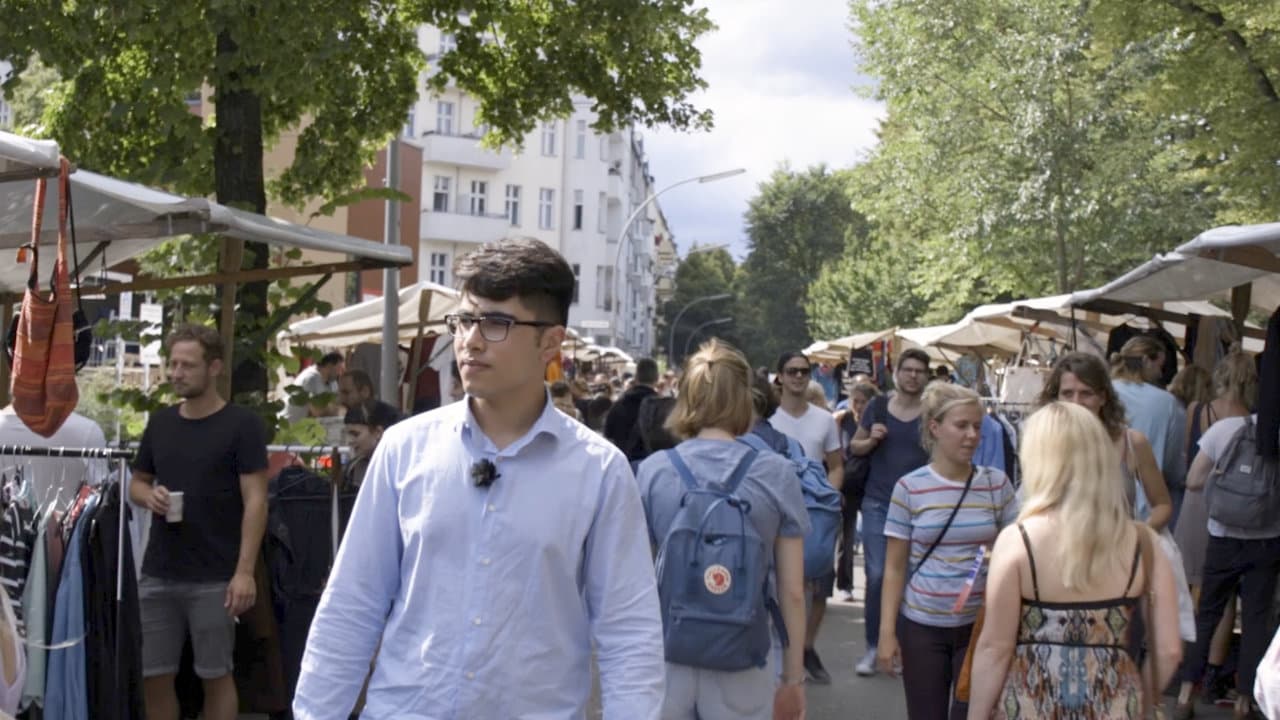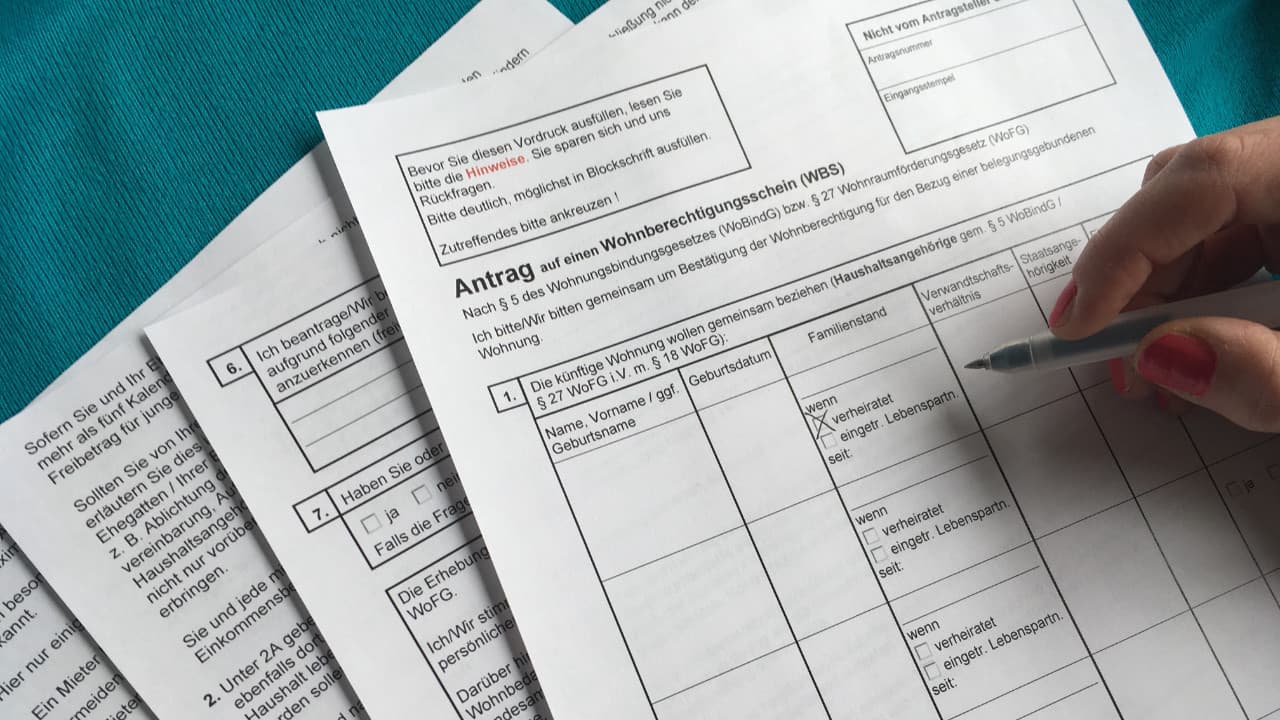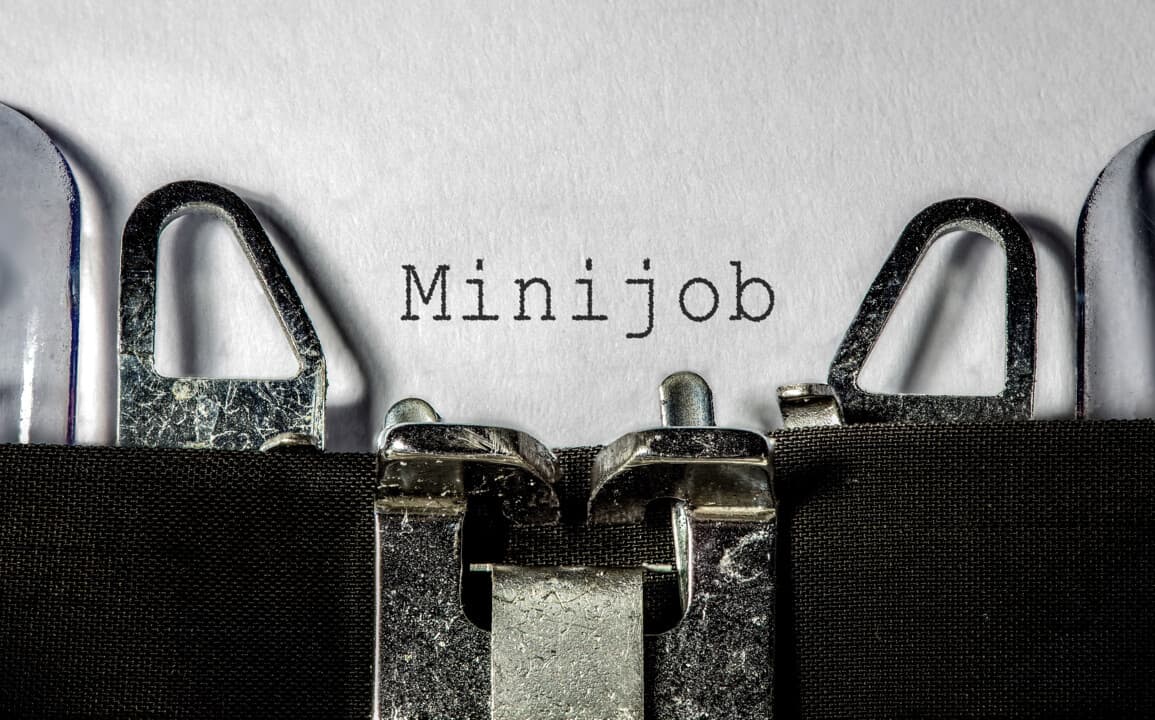Saving Opportunities in Everyday Life
How can I save money?
Food, electricity, heating and more – Everything is becoming much more expensive, but you can also use some tips and tricks to save money. In this chapter, you will learn how to save electricity in your everyday life, keep your living space warm while avoiding large bills, and where you can find cheap groceries, clothing and furniture.
What do I need to know?
How can I check whether I am using too much electricity?
In Germany, you can use the so-called "Stromspielgel" to determine whether you are using electricity efficiently. "Stromspielgel" is an overview that shows how much electricity a private household in Germany consumes on average. Look at your electricity bill from last year to see how much electricity you used; then compare it with the table provided at "Stromspielgel" to see whether you are using above or below the average. The current table (in German) can be found at Stromspielgel.
You can also borrow a power meter from many Consumer Advice Centres and use it to determine how much electricity your devices (e.g. your refrigerator) uses. Doing so helps you to assess whether investing in a new, energy-efficient device is worthwhile. On the consumer advice centre website, you can find a Consumer Advice Centre nearby.
How can I save electricity in my apartment?
You do not necessarily have to buy new devices or do without electronic devices altogether to save energy. You can reduce your electricity consumption by making simple changes in your everyday life.
These are some tricks you can use, for instance:
- Turn off all unused electronic devices completely, i.e. unplug them off the socket when not using them because devices can consume electricity even when not turned on if plugged into the socket – for example, your mobile phone charger. The same also applies to devices on standby mode, such as televisions. Tip: Use a socket with a toggle switch, i.e. an outlet with a red on-off switch which ensures that the device does not consume any power when it is off.
- For electronic devices, use the energy-saving mode or the Eco function. This applies in particular to household appliances such as washing machines and dishwashers.
- Use less hot water when showering.
- Check the temperature in your fridge – 7 degrees Celsius is ideal. Your freezer should not be colder than -18 degrees Celsius. If it is colder than that, turn the dial back one notch. This is particularly important because the fridge and freezer consume electricity around the clock.
- When boiling water in a kettle, only heat as much as you need because the more water you heat, the more electricity the kettle uses.
- If you have an electric stove, use the residual heat from the hob when cooking. Turn off the stove a few minutes before the end – it will remain hot for some time afterwards.
- Water heaters use electricity. You can adjust the temperature of the water yourself – it is best to set the temperature to the optimal temperature and avoid boiling water. If you need help with how it works, consult the user manual.
- Buy LED light bulbs. These economical options help you consume less energy than the so-called "energy-saving lamps".
How do I heat my space correctly?
Proper heating means that you have a room temperature that is warm enough and stays in the room for a long time. You can achieve the optimal temperature and keep it in the room by doing the following:
- Only switch on the heating when all the windows in the room are closed. Also, always close the doors of a room when heating to help the room warm up faster and stay warm.
- Maintain an even temperature in the room. Don't let the room freeze or become too hot. By avoiding such fluctuations, your heating consumes less energy. If you, for instance, keep the temperature knob on level 2, the room does not get colder than 16 degrees Celsius. Please note: As a tenant, you are obliged to heat your living space because mould can grow if a room is not heated. Mould is toxic and can harm your health – and you may have to pay quite a lot to remove it. Therefore, ensure the temperature in the room does not go below 16 degrees Celsius – and ventilate regularly.
- Ventilate regularly. Fresh air is essential to prevent mould formation. Mould is very toxic – and its removal can cost a lot. Open the windows fully in the morning, noon, and evening. Remove everything you might have on your window sill, and open the window (and door) fully. After about 5 to 10 minutes, you can close the windows again. Important: If the humidity in the room is more than 70 per cent, you have to ventilate it.
- Make sure there is enough space in front of the radiators. This allows the warm air to circulate well in the room. So do not place sofas, cupboards or other furniture directly in front of the heating. You should also push the curtains aside if they cover the heating.
- Do not dry laundry directly on the heater.
- Think about the usage of rooms in your home and heat them accordingly. The rooms where you or your family spend most of your time should be warm enough – but you do not need to heat the rooms you use less as much. The bedroom or bathroom can therefore be colder than the living room.
Tip: Invest in a thermometer to measure temperature and humidity. It allows you to check the room temperature and know when you need to ventilate. Put the thermometer in the centre of the room. You can also use a thermometer to determine whether the radiator's temperature controller (thermostat) is working correctly. If the room temperature is below 16 degrees Celsius, even though the thermostat is set to 2, clean the radiator and bleed the heater. If that does not help, you may need a new thermostat – report this to your landlord. They may be able to cover the cost. Do not replace the thermostat without the landlord's consent.
How do I set my heater at the right temperature?
With your thermostat, i.e. the white temperature controller on the radiator, You can adjust the room temperature by using the thermostat, i.e. the temperature controller on the radiator.
This is what each number on the thermostat means:
- Level 1: 12 degrees Celsius
- Level 2: 16 degrees Celsius
- Level 3: 20 degrees Celsius
- Level 4: 24 degrees Celsius
- Level 5: 28 degrees Celsius
How can I keep my apartment warm?
To prevent the heat from escaping the room, you should inspect windows and doors to see if air can get through. Look for cracks or crevices, and ensure windows can be closed tightly. You can do so by doing the following:
- Open the window.
- Put a sheet of paper between the window frame and the window, and then close the window. Try pulling the paper out again.
- If you can pull the paper out without tearing it up, your window is not airtight. The problem could be the seal – Talk to your landlord to see whether they can replace the seal for better insulation.
- Also, ensure that door and window handles close correctly.
If you find out that your home needs repairs to keep warm, there may be a defect – that is, when something in the flat has deteriorated over the course of the rental period. e.g. when the windows no longer close properly. If that is the case, write to your landlord and explain the situation. Be sure you let them know about the issue in writing – so you can later prove that you reported the defect in good time. You can also invite them over to see the issue for themselves. Many issues are often quickly clarified in a personal face-to-face conversation.
You can also make what is known as a "draught stopper" ("Zug-Luft-Stopper") for your doors. A draught stopper is an elongated tube, usually made of fabric, filled with cotton or other materials that you place in front of the gap between the door and the floor. It prevents cold air from entering the room. You can buy a draught stopper or make (sew, knit or crochet) one yourself – there are instructions for that on the Internet, e.g. YouTube. To find one, enter the words "draught stopper" and "DYI" (or "Zugluftstopper "and "selber machen ").
Where can I get groceries at a discount?
In Germany, many supermarkets often sell cheaper foods that do not keep for long – these are food items that will soon be past their "best before date" or BBD ("Mindesthaltbarkeitsdatum" or MHD). The BBD indicates when food is probably no longer good. Often, food remains safe to use for a few days longer than this date. You will find these goods in the refrigerated section. Nevertheless, it also applies to food that is canned or does not need to be refrigerated. These discounted items are usually in an extra basket and marked with a price tag showing the discounted price.
There are also platforms where you can get groceries for free. There, people offer food they no longer need or items they have collected from supermarkets, bakeries and restaurants to give away. Many cities also have food banks, i.e. places where people donate food for others to take away.
One of these platforms is Foodsharing. You can find a map of Germany on foodsharing.de with places where food is available. On the mundraub.org website, you can find fruit trees all over Germany, where you can pick fruit for free. You can find out where this is possible in Germany at mundraub.org.
Where can I find cheap clothes?
You can find used clothes in so-called "second-hand shops".
They sell clothes in good condition, some of which have not been used before – the prices there are often affordable. There are many different types of second-hand shops. Some only offer clothing for children, others specialise in high-end brands, and others only sell clothing items for adults. The quality of the clothes varies from store to store. You can get high-quality fabrics and modern clothes, but also some old-fashioned clothes and less well-preserved items. Check the clothes thoroughly before buying them. It is worthwhile to visit several second-hand shops to find what you need for less money.
Also, at so-called "flea markets" or "Flomarkts", people sell, among other things, their used clothes. Furthermore, there are platforms on the Internet where people sell their used clothes. You can find out more in our chapter "Flea markets".
Where can I find cheap furniture or other household items?
You can find cheap furniture in so-called "second-hand stores" or the "social department stores". These are department stores where, among other things, used furniture, crockery, electrical appliances, clothing or toys, books and CDs are sold. The items are primarily donations from people who no longer need them. Many department stores are operated by social associations or non-profit organisations. To find a department store nearby, you must search the Internet using keywords such as "Sozialkaufhaus" and your place of residence.
You can often find used furniture and other items for your household at flea markets ("Flohmärkten" or "Trödelmärkten"). You can learn more in our chapter "Flea markets".
There are various platforms on the Internet where people sell or give away their used furniture and other household items, for example, eBay Kleinanzeigen. In the "zu verschenken" section, you will find things that other people give away for free. You can filter the results to see the offers in your area. Sometimes you need an account to contact the providers – you can create one for free.
Important
There is an energy price calculator on the Consumer Advice Centre's website. You can use it to roughly calculate how much you can expect to spend on electricity this year. To do so, you need your electricity tariff, your consumption and the number of annual bills you receive from your provider or landlord.
Similar topics
Additional links
Tips for saving on energy
The Consumer Advice Centre Brandenburg has published a variety of information and tips on how to save energy in simple German.
Counselling service from Consumer Advice Centre
The Consumer Advice Centre offers counselling service throughout Germany.
Tenant Protection Associations
On the website of Mieterschutzbundes you can find an association nearby which supports tenants' rights.
Counselling Centre for Immigrants and Refugees
Visit BAMF's website to search for a counselling centre for adult migrants and refugees in your area. The staff speak various languages and offer support to adults (over 27).
Our community in the forum
Quickly find answers to any question. Benefit from the experience of your community and exchange ideas.
Support on site
Are you looking for counseling centers, meeting points, and other services? Use our search engine.








